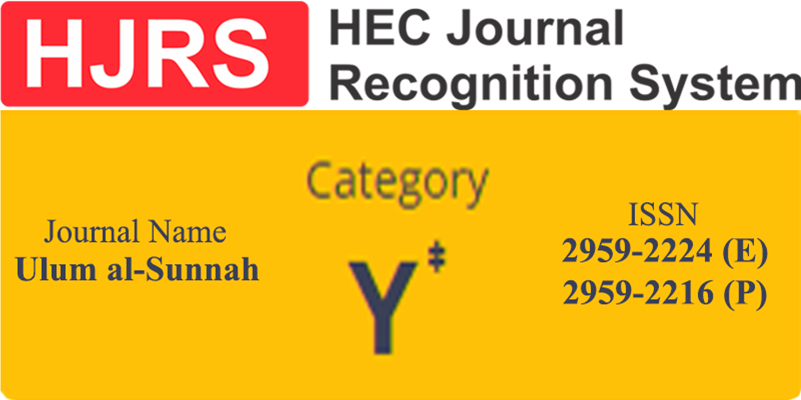دنیائے اسلام کا عظیم المرتبت امیرالبحر باربروسہ
The Greatest Muslim admiral Barbarossa
DOI:
https://doi.org/10.5281/zenodo.11283612Keywords:
naval strategist, Mediterranean, Formidable, Muslim Admiral Barbarossa, Islamic HistoryAbstract
Khayr al-Din Barbarus (1478-1546) was a Turkish admiral and naval strategist who played a key role in ottoman expansion and dominance in the Mediterranean during the 16th century . His original name was khizr and he was later given the name Barbarossa (red beard) by the Turks because of his flaming red hair and beard. In 1533, Barbarossa was appointed as the grand admiral of the ottoman navy by sultan Suleiman the magnificent. He went on to lead a massive expedition to conquer the North African coast, which had fallen in to the hands of European powers. Barbarossa and his fleet captured Tunis, Algiers and other important cities, establishing ottoman dominance in the region. Barbarossa was known for his military genius and tactical Brilliance. He was a master of strategy and was able to outmaneuver his enemies even who outnumbered. His reputation was such that when he landed on a shore, many would flee in terror, knowing that they would soon be facing one of the greatest naval commanders of all time. In conclusion, hayreddin Barbarossa was a legendary figure who left an indelible mark on history . He was a fearless warrior, a brilliant strategist, and a shrewd diplomat. His exploits at sea and his conquests on land made him a formidable opponent to his enemies, and his name is still remembered today as a symbol of strength and power.
Downloads
Published
How to Cite
Issue
Section
License
Copyright (c) 2023 Dr. Faizan Ahmed

This work is licensed under a Creative Commons Attribution-NonCommercial 4.0 International License.
This is an open-access journal which means that all content is freely available without charge to the user or his/her institution. Users are allowed to read, download, copy, distribute, print, search, or link to the full texts of the articles, or use them for any other lawful purpose, without asking prior permission from the publisher or the author. All articles are available on the internet to all users immediately upon publication. Non-commercial use and distribution in any medium are permitted, provided the author and the journal are properly credited.











 Research Journal Indexed by Google Scholar
Research Journal Indexed by Google Scholar